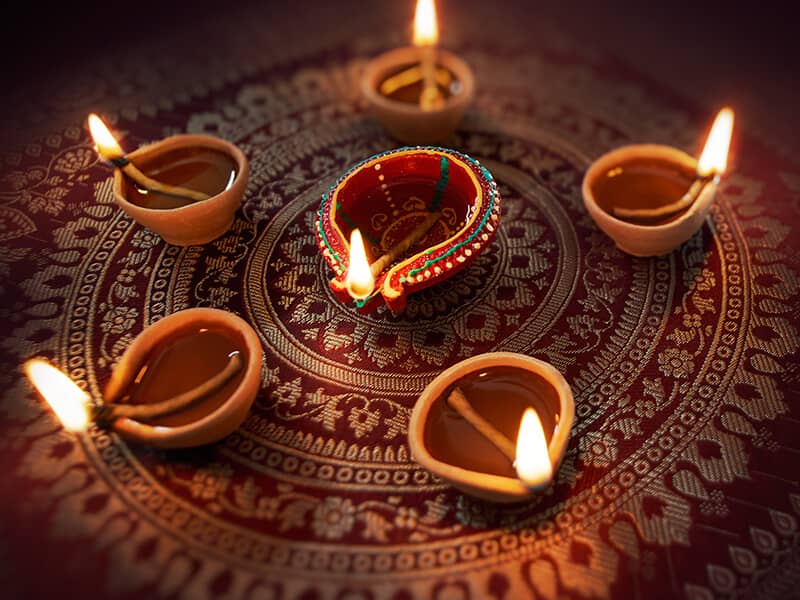I have just received a copy of the 1999-2000 world democracy survey from Freedom House, a worthy, if somewhat schoolmarmish, American organization that publishes these reports annually. As with all such surveys, the results are of much greater interest than the methodology employed, and Freedom House ensures itself a steady amount of press coverage each year by delivering clearly-worded, occasionally glib, judgments on each country.
According to its political actuaries, a country can be one of three things: Free, Partly Free, or Not Free. Indisputable examples from each category are Canada, Mexico, and Pakistan, respectively. Of course, there are grounds for dissent and disagreement: Ask any Palestinian to comment and he will say that Israel, here adjudged Free, could be described more accurately as Partly Free. And why is Turkey (whose Kurds are repressed) only Partly Free, while Slovakia (whose gypsies don't have such a great time) is deemed to be wholly Free?
I don't wish, however, to be sidetracked by these questions. I'd like to focus, instead, on a phrase that I found buried in the text of the essay that accompanied Freedom House's findings. It was a phrase that reared its head at me, begging discussion. After making the empirical observation that a predominantly Christian country is more than five times as likely to be democratic as it is to be repressive, the essay stated that there is also a strong correlation between electoral democracy and Hinduism. Evidence for this notable assertion was then furnished, in the form of India and Mauritius (both Free), as well as the Partly Free Hindu kingdom of Nepal. (There was no mention, alas, of the Free countries of Fiji, Guyana, and Trinidad, a third or more of whose respective populations are Hindu, or of the Partly Free Suriname, whose demographic composition mirrors these other countries.)
Freedom House's assertion is as intriguing as it is provocative. At one level, it is possibly syllogistic: (1) India etc. are predominantly Hindu countries; (2) India etc. are democracies; therefore (3) Hindu countries are predisposedly democratic.
I will leave aside the vexing question of whether India is truly democratic. There are many observers--and not all of them disreputable--who maintain that the country's practice of democracy is so riddled with imperfections as to make the label Free seem an exaggeration. I am one of them. But I would like, nonetheless, to look favorably on the assertion that there is a strong correlation between electoral democracy and Hinduism.
What are these conditions? Since democracy is not a science, my arguments will be seen by some as no better than subjective claims, made with a will to bolster my instinctive approval of Freedom House's assertion. I think Hinduism, more than any other religion--with the possible exception of mainstream Protestant Christianity--has an intensely tolerant core, one that encourages religious and intellectual plurality in society.
There is the unlovely caste system, of course, but modern India, predominantly Hindu India, has overturned the most venerable scriptural sanction for the caste system by legislating to make discrimination on the basis of caste unlawful. Constitutional politics has had a profound impact on the public face of Hinduism. Even the Shankaracharyas--the nearest thing Hinduism has to pontiffs--state repeatedly that all Hindus are equal, utterances they would not have made in previous generations.
Hinduism is a religion with no inbuilt theological opposition to modern political reform. This is not so with Islam, to name a religion that handles things differently. Predominantly Muslim countries like Turkey and Syria that have, for example, countermanded the Koran's teaching that allows a man to have four wives, have staked out positions that are calculatedly anti-Islamic.
In a Hindu society, with no one predominant theological or scriptural authority, political dialogue is seldom mired in the words of God, and age-old social arrangements can be swept away without a Hindu reformer being accused of being an unbeliever or an infidel.
It will have escaped no one's attention that India has had its share of militant Hindu organizations and political parties, each seeking in some way to assert that the Hindu way is best, and often seeking to do so at the expense of the country's religious minorities. But look closely at the present government of the country, headed by the apparently Hindu nationalist Bharatiya Janata Party (BJP).
It is proving to be at least as tolerant as the previous, avowedly secular governments in Delhi, and there have been fewer incidents of religious disharmony under this government than under the Congress Party administrations that preceded it.This is because the political morality of governments in democratic societies--even imperfectly democratic ones like India--cannot be at odds with the political morality of the societies that elect them.
Indian society is predominantly Hindu, and mainstream Hinduism tends to be big-hearted, broad-minded, easygoing, indulgent. No society can be democratic without some or all of these characteristics. And that is why, in my estimation, preponderantly Hindu societies will always be predisposed toward democracy.

